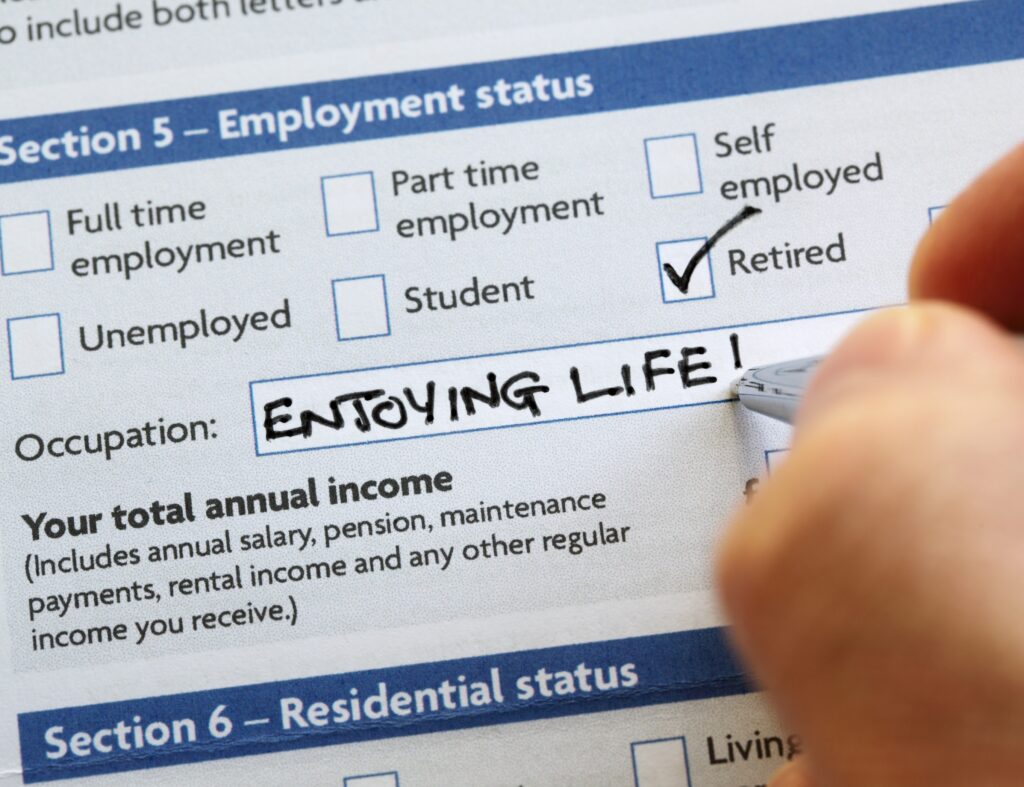One of your team members is leaving your organization to retire. This is a life-changing milestone for anyone and often a long-held dream—even for people who love their careers.
It’s important to recognize and honor this occasion and a long-held tradition in many types of businesses. While customary, there’s no single standard method or format for a retirement announcement.
The most appropriate type of retirement announcement can vary greatly from one future retiree to another, and also from one organization to another. Whether the retirement announcement is internal or external, or both, the most important thing is to ensure the honoree feels recognized and valued.
Retirement Announcement Sharing And Publishing Methods
Before you get to work writing a retirement announcement, spend some time thinking about how you intend to share it. This will be a significant factor into what information is included and how it’s expressed.
An internal announcement that’s meant only for people within an organization leaves a lot of room for possibilities. Inner-organization retirement announcements can be simple, resembling a greeting card or flyer that spotlights the honoree. They can also be more detailed, with information on the honoree’s accomplishments, career milestones, and future plans.
As long as the retiree is pleased to share the news of their retirement, it’s appropriate to post-retirement announcements on company websites and social media. It’s also a great opportunity to issue a press release like a company would for other positive milestones, like a business anniversary press release or when a media release spotlights a new product launch.
Retirement Announcement Examples
A retirement announcement should always reflect the uniqueness of the honoree and be appropriate for the circumstances. Many retirements are a cause for celebration, but there are some that are more of a necessity due to less-than-ideal factors.
Depending on how much the future retiree has shared, it’s important to take any sensitive situations or mitigating circumstances into account. In these cases, it’s best to be brief, positive, and professional, as in the following example:
Our valued team member, Jane Smith, will be departing our organization to retire on April, 17th, 2024. Jane has spent eight years as a dedicated contributor to our billing department and more than forty years as a skilled bookkeeper, who has always been a reliable and caring professional. She will be missed by our team, clients, and everyone who had the privilege of working with her. While we are sad to learn she will be moving on, we wish her many happy and fulfilling days as a retiree.
If additional details are available, such as pastimes and activities the employee plans to enjoy, or direct quotes, they can be included in the announcement.
If the employee is an executive, serves a major role, or if their retirement is likely to have an impact that will affect clients and other people outside of the company, these situations merit a public announcement like a press release or an official statement.
Press release templates of any type can help in providing an example of how to share news in a way that’s journalistic and informative to the public. If you know how to write a press release, you’ll be able to craft all types of impactful content that provides details on recent news or an upcoming development.
Retirement Announcement Tips
- Always get permission from the individual before sharing anything public about their retirement.
- If little is known about the retiree’s plans or if the circumstances may be sensitive, keep retirement announcements brief, positive, and professional.
- Look for opportunities to show how the future retiree was a valued member of their team and celebrate all the ways they contributed.
- Mention some of the future retiree’s professional accomplishments and achievements, not just within the company, but across their career.
- If possible, include direct quotes or statements directly from the person retiring and people who appreciated working with them.









